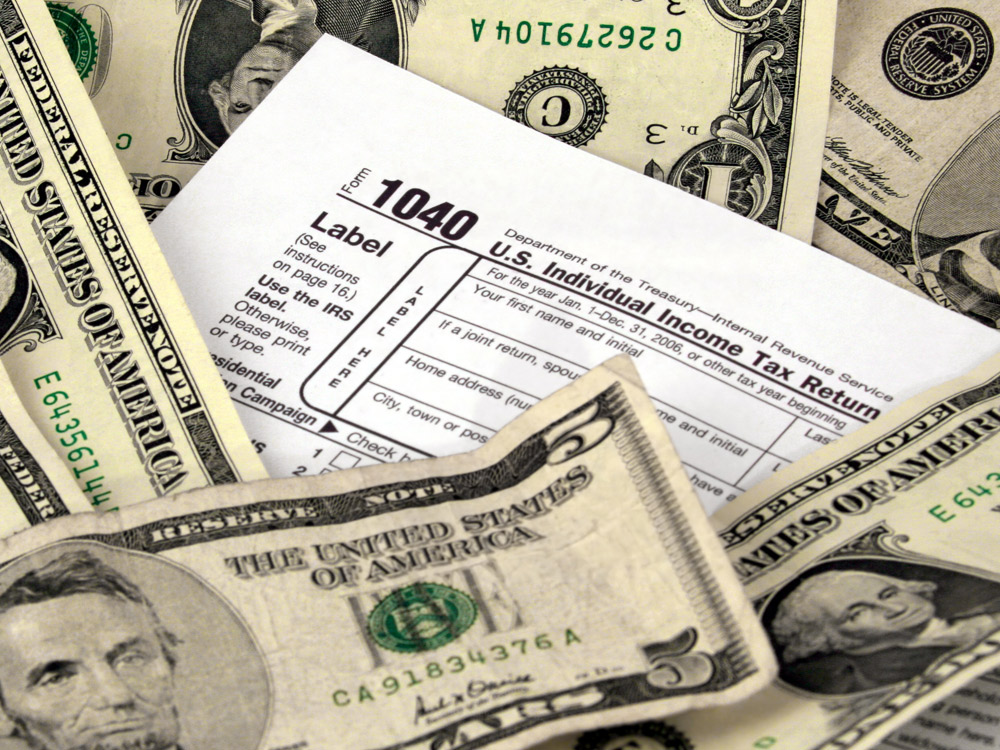So-called sin taxes can take many forms. Traditionally, taxing state and local tax authorities have zeroed in on cigarettes and alcohol as a way to produce tax revenue. Lately, taxes on cannabis are growing in popularity, as several states have passed laws allowing use by residents for non-medicinal purposes. And some localities — including Philadelphia, the birthplace of freedom — have even enacted ordinances taxing soda consumption.
But a new sin tax approved last year on December 6 by the Portland, Oregon City Council appears to be the first of its kind. The council voted 3-to-1 to tax excessive compensation granted to CEOs of corporations.
The tax is levied against the corporation itself, not the CEO. If the annual compensation exceeds 100 times the median pay of all of its employees, the corporation must pay an extra 10 percent surcharge on top of the regular 2.2 percent business income tax already imposed by Portland. To further sweeten the pot, the surcharge is hiked to 25 percent if the CEO earns 250 times the median pay.
The tax could be onerous for some Fortune 500 companies that do substantial business in the Pacific Northwest, including Walmart, General Electric and Wells Fargo. However, according to an article recently posted on fortune.com (Why Portland’s Drastic Move to Limit CEO Pay Will Make ‘Virtually No Impact,’ 12/8/16), the actual tax revenue will be minimal because these multi-national companies do most of their business outside of Portland. The city has estimated that the CEO tax will only add $2.5 to $3.5 million per year to its coffers.
Is the new surcharge a publicity stunt, as some have claimed, or a legitimate effort to rein in executive compensation? It remains to be seen. Certainly, the tax has generated a buzz as well as some consternation among local businesses. Portland City Commissioner Steve Novick, who initially proposed the CEO tax back in August. has said that it’s the closest thing to a tax on inequality itself. He told Fortune, “I thought if we could do it here [in Portland], it would encourage other jurisdictions to do it. And if enough jurisdictions do it, then the shareholders of America will realize that they’ve got fewer after-tax profits to divvy up than continue to pay CEOs outrageous salaries.”
The extent of the new tax’s reach isn’t the only sensitive issue. Figuring out the logistics could be a challenge. Essentially, the tax calculation depends on compensation reports provided by the Securities and Exchange Commission(SEC). Because the SEC grants companies considerable leeway in calculating these ratios, they may not be consistently reflected in the data. In fact, companies can use statistical sampling and other measures to determine median employee pay, skewing the results.
Finally, the law hinges on certain reporting requirements for CEO ratios that were included in the Dodd-Frank law, set to take effect in 2017. If the incoming Trump administration makes good on its vow to repeal or overhaul Dodd-Frank, Portland won’t have the information it needs to calculate the tax. And then it’s back to the drawing board.
Thanks for reading CPA Practice Advisor!
Subscribe Already registered? Log In
Need more information? Read the FAQs




